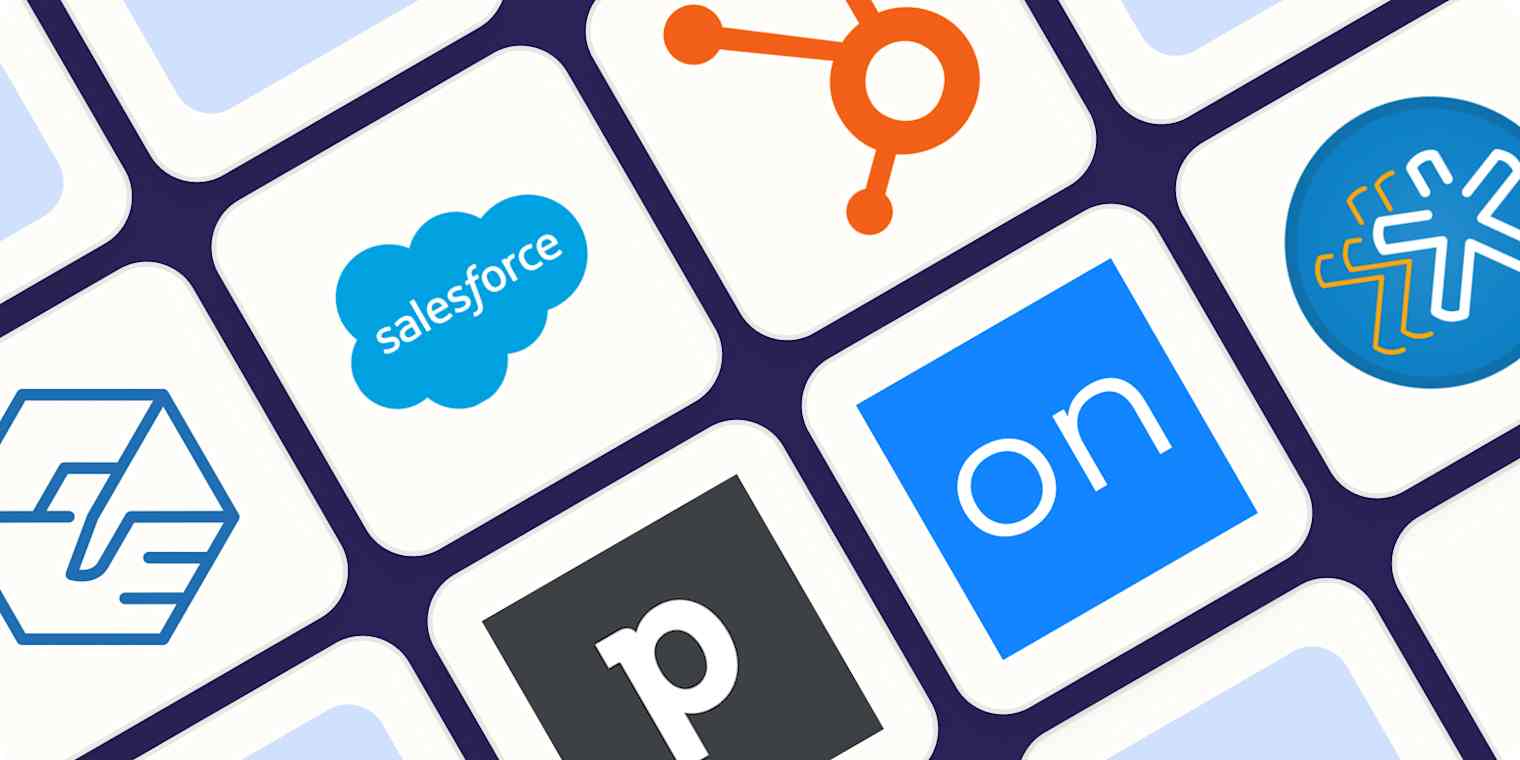Choosing the right CRM empowers entrepreneurs to centralize customer interactions, automate sales workflows, and gain actionable insights—driving faster growth, higher retention, and improved team productivity.
1. HubSpot CRM
HubSpot CRM offers a free tier with unlimited users, contact storage, and basic pipelines. Its intuitive interface and seamless integration with HubSpot’s Marketing, Sales, and Service Hubs make it ideal for solopreneurs and small teams looking to scale. Key features include deal tracking, email templates, meeting scheduling, and live chat. Entrepreneurs benefit from visual dashboards, automated follow-ups, and a robust app marketplace.
Ideal for: Inbound-focused startups needing a unified marketing and sales platform.
2. Salesforce Essentials
Salesforce Essentials brings the power of Salesforce’s enterprise platform to small businesses. It includes lead and opportunity management, customizable reports, and mobile access. Einstein Activity Capture automates data entry by logging emails and events. Essentials integrates with Gmail, Outlook, and 3,000+ apps via AppExchange, supporting entrepreneurs who anticipate rapid growth.
Ideal for: Fast-growing startups requiring deep customization and scalability.
3. Zoho CRM
Zoho CRM delivers a comprehensive feature set at a competitive price point. Core capabilities include multichannel communication (email, social, live chat), process automation with Zia AI, territory management, and sentiment analysis. Zoho’s ecosystem—comprising Books, Desk, Campaigns, and Projects—allows entrepreneurs to deploy an end-to-end business suite.
Ideal for: Cost-conscious entrepreneurs seeking an integrated, all-in-one platform.
4. Pipedrive
Pipedrive’s visual pipeline-centric design focuses on moving deals through defined stages. Its intuitive drag-and-drop interface simplifies activity scheduling, goal tracking, and performance reporting. Automation workflows handle repetitive tasks (e.g., sending follow-up emails), while the Smart Contact Data feature enriches contact profiles. Pipedrive is particularly user-friendly for first-time CRM adopters.
Ideal for: Sales-driven startups looking for a straightforward, pipeline-first CRM.
5. Freshsales (Freshworks)
Freshsales provides built-in phone and email, AI-powered lead scoring, and intuitive visual workflows. Freddy AI predicts deal closures and recommends next steps. Entrepreneurs gain access to customizable reports, territory management, and a native mobile app. Deep integrations with Freshdesk and Freshmarketer extend support and marketing automation capabilities.
Ideal for: Teams that want embedded communication tools and AI-driven insights.
6. Monday Sales CRM
Built on the Monday Work OS, Monday Sales CRM offers highly customizable boards for lead tracking, sales forecasting, and project management. Entrepreneurs can automate pipeline updates, send personalized emails, and visualize metrics via shareable dashboards. Its no-code automation recipes and extensive app integrations enable rapid workflow configuration without developer resources.
Ideal for: Businesses that require flexible, project-oriented CRM workflows.
7. Copper CRM
Copper integrates natively with Google Workspace, automatically logging Gmail interactions, Google Calendar events, and contact details. Its clean interface and contextual sidebar accelerate data entry. Copper’s workflow automation, revenue forecasting, and activity reminders free entrepreneurs to focus on relationship building rather than administrative tasks.
Ideal for: Google Workspace–centric teams seeking seamless email integration.
8. Insightly
Insightly combines CRM and project management for service-based businesses. It features lead routing, opportunity management, task automation, and milestone-based project planning. The platform’s embedded email marketing and event tracking capabilities enable entrepreneurs to nurture prospects through the sales cycle and into delivery.
Ideal for: Consultants, agencies, and professional services requiring CRM-to-project handoff.
9. Nimble
Nimble specializes in social-CRM, enriching contact records with aggregated data from social profiles, company websites, and public databases. Entrepreneurs can track social engagement, schedule outreach, and leverage relationship intelligence scoring. Nimble’s pipelined deals view and group messaging support small sales teams aiming for highly personalized outreach.
Ideal for: Relationship-focused startups that rely on social selling.
10. EngageBay
EngageBay offers a unified CRM and marketing automation platform at an affordable price. It includes contact management, email sequences, web analytics, and landing-page builder. Entrepreneurs can set up drip campaigns, score leads based on behavior, and integrate with e-commerce or CMS platforms. The free plan supports up to 500 contacts, enabling early-stage ventures to test core functionalities.
Ideal for: Bootstrapped startups needing all-in-one CRM and marketing automation.
Choosing the Right CRM
- Budget & Pricing Model: Free tiers (HubSpot, EngageBay) help early-stage ventures; usage-based or per-user pricing suits growing teams.
- Core Use Case: Prioritize pipeline management (Pipedrive), project handoff (Insightly), or marketing integration (HubSpot, EngageBay).
- Ease of Use vs. Customization: Balance quick onboarding (Copper, Pipedrive) against deep configurability (Salesforce Essentials, Zoho CRM).
- Ecosystem & Integrations: Ensure compatibility with existing tech stack—email, bookkeeping, support, marketing tools.
- Scalability: Assess whether the CRM can accommodate additional users, data volume, and advanced features (AI-powered insights, custom objects) as the business expands.
Implementing the right CRM streamlines sales processes, centralizes customer data, and provides entrepreneurs with predictive insights—catalyzing revenue growth and operational efficiency. By matching your business model and growth stage to a CRM’s strengths, you can unlock scalable, repeatable sales success and build enduring customer relationships.
